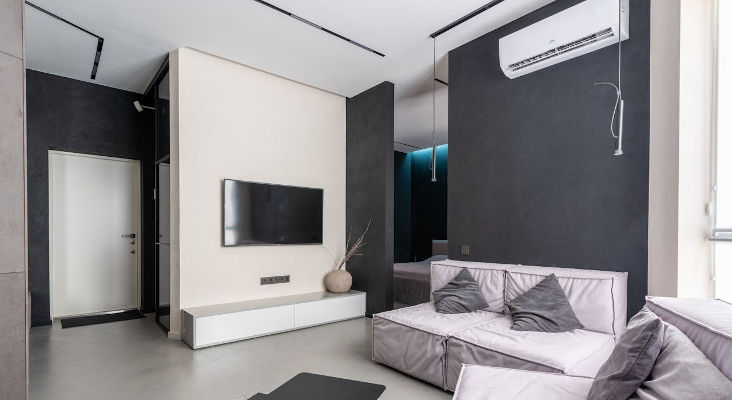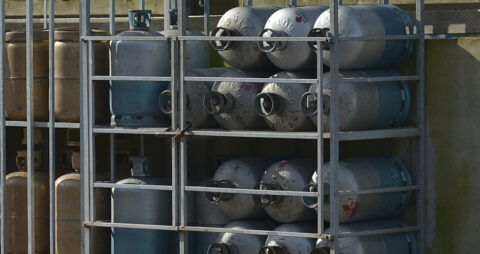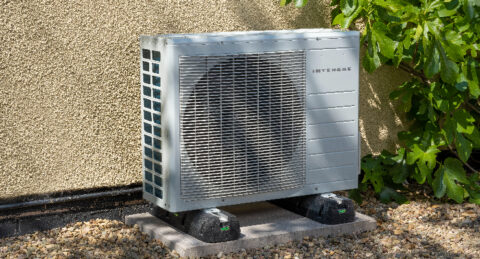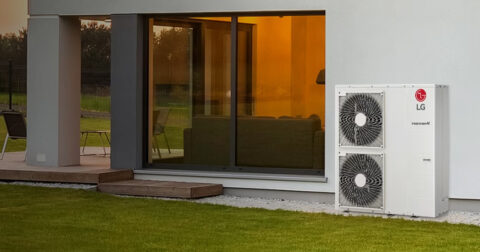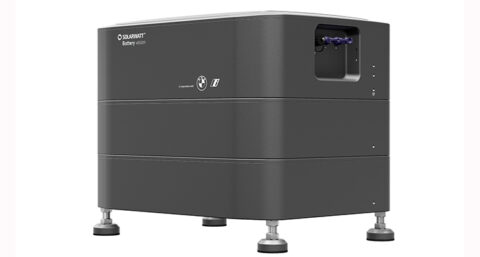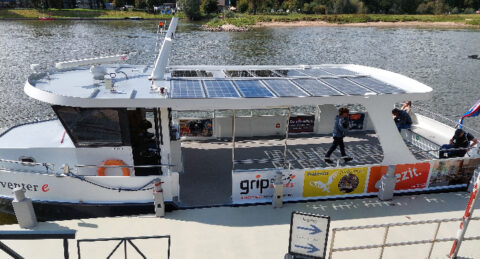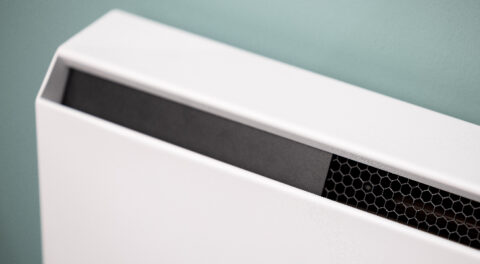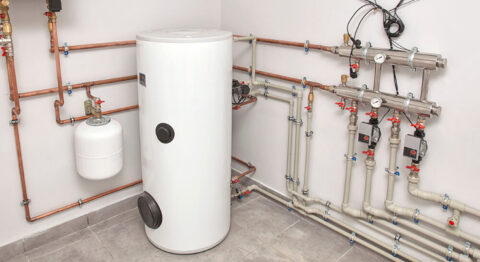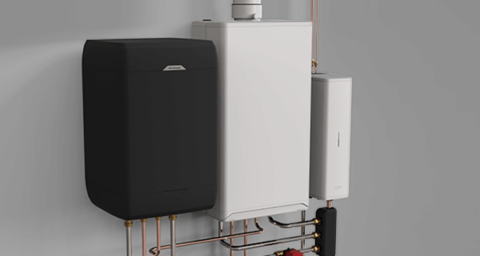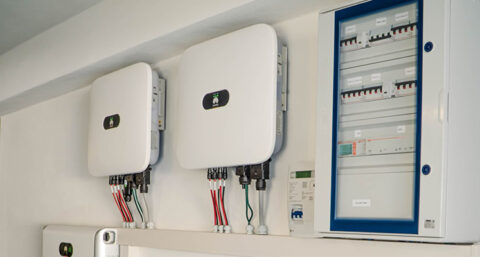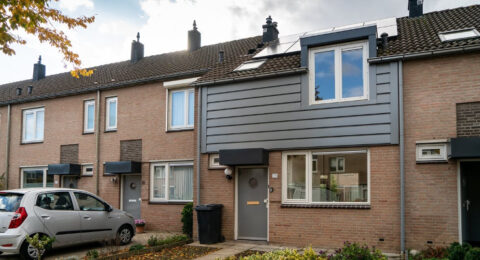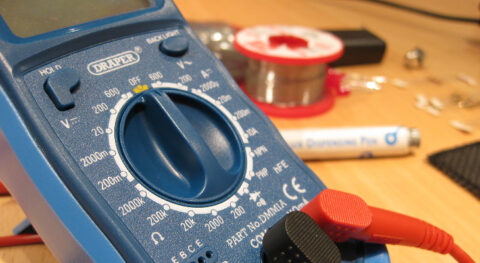With a heat pump, in addition to heating the house, you can usually provide the necessary cooling. However, it may still make sense to install an air conditioner in addition to a heat pump. Why and when would you do that? What are the advantages and disadvantages of these two ways of cooling?
The main purpose of an air conditioner is to cool one or more rooms, although it can often also be used for heating. Whereas a heat pump is used to heat the house and can also be used for cooling. However, there are quite a few differences between them, so it's a good idea to discuss the possibilities, advantages and disadvantages with your client. To be clear: an air conditioner in this article means a split unit.
Warm and cool
Does your customer already have a heat pump, or is someone about to have one installed by you? Then it is of course a bonus that it can also be used for cooling during the warm months. That way the customer kills two birds with one stone. It is of course essential that the heat pump actually has a cooling function on board, which may require an additional accessory.
Floor heating
Besides that, the delivery system also plays an important role. For example, ordinary radiators are usually only for heating and are not suitable for cooling. With underfloor heating, it is possible, but it is important to avoid condensation. Because the heating water flowing through the floor should not be too cold, a heat pump in practice cools very gradually, but nicely evenly. Anticipation is very important here. Quickly cooling the living room when you get home is simply not an option.
Fan Convector
Another option for cooling with a heat pump is to install fan coil units instead of regular LTV radiators. This can bring the temperature down considerably faster, especially since extra cold heating water can be used this time. Which does require some additional measures such as condensate drainage at the convectors and vapor-tight insulation around the heating pipes.
Which locations
So with a heat pump, a suitable delivery system is needed in every room to be cooled. Fine if it's just the living room and possibly a bedroom or study. But what if many more rooms are involved, or if only the upper rooms or something like an extension get too hot? Will underfloor heating be installed there or a fan coil unit installed? In addition, with a full-electric heat pump, consider the storage tank for domestic hot water, to avoid the heat pump having to constantly switch between heating and cooling modes.
The best of both worlds
By installing a split unit air conditioner in addition to a heat pump, your customer has many more options and freedom of choice. After all, there is no need to also take into account a cooling function within the central heating system. Because that's what the air conditioner is for (which, by the way, is an air-to-air heat pump). It is just a matter of placing an indoor unit and installing the necessary piping per room to be cooled, after which it can be cooled in no time. Because with an air conditioner, that's a snap. You do feel a distinct cold air flow, something you don't experience with a heat pump and especially "floor cooling".
Heating and cooling at the same time
Another big advantage of a heat pump and an air conditioner is that rooms can be heated or cooled completely independently of each other. You can cool locally, without bothering the other residents. Whereas with a heat pump alone, you always have to choose what you want: either heating or cooling. An air conditioner also works well in houses that are less well insulated. These are a lot harder to bring and keep up to temperature with a heat pump, and you also have more condensation. Which of course does not mean that better insulation is always recommended. By the way, when combining a heat pump with an air conditioner, you must be able to install two outdoor units.
Check out this article and more on Construction and Installation Hub

